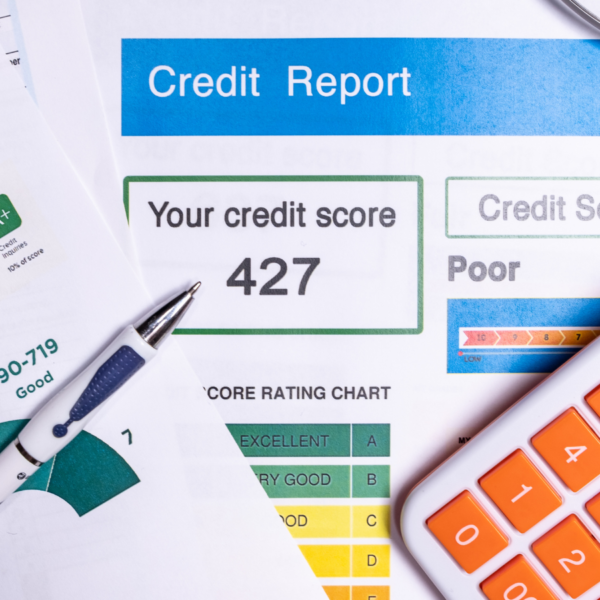When faced with a substantial credit card debt of $15,000, the weight of monthly payments and high-interest rates can be overwhelming. One option to explore is a debt consolidation loan. In this blog post, we’ll delve into the considerations and benefits of taking out a debt consolidation loan to manage and potentially alleviate your credit card debt burden.
Section 1: Understanding Debt Consolidation
What is Debt Consolidation?
Debt consolidation involves combining multiple debts, such as credit card balances, into a single loan. The primary objective is to streamline repayment, potentially securing a lower interest rate and making the process more manageable.
Section 2: Assessing Your Situation
Examine Your Credit Card Debt:
Begin by evaluating the specifics of your $15,000 credit card debt. Take note of interest rates, monthly payments, and any additional fees. Understanding the details is crucial for making an informed decision about debt consolidation.
Credit Score:
Consider your credit score, as it plays a significant role in securing favorable terms for a debt consolidation loan. A higher credit score increases the likelihood of obtaining a lower interest rate, making the overall repayment more cost-effective.
Section 3: The Benefits of Debt Consolidation
Lower Interest Rates:
One of the primary advantages of a debt consolidation loan is the potential for a lower interest rate. By consolidating your high-interest credit card debts into a single loan, you may reduce the overall cost of repayment.
Simplified Repayment:
Managing multiple credit card payments can be challenging. A debt consolidation loan simplifies your financial obligations by combining all debts into a single monthly payment, making it easier to track and manage.
Fixed Repayment Term:
Debt consolidation loans often come with fixed repayment terms. This predictability allows you to plan your budget more effectively, knowing the exact amount you need to set aside for debt repayment each month.
Section 4: Considerations Before Consolidating
Impact on Credit Score:
While a debt consolidation loan can potentially improve your credit score over time through responsible repayment, the act of applying for the loan may cause a temporary dip in your credit score. Consider this aspect before making a decision.
Avoiding New Debt:
Debt consolidation is most effective when it’s accompanied by a commitment to responsible financial habits. Avoid accumulating new credit card debt while repaying the consolidated loan to prevent a cycle of indebtedness.
Section 5: Exploring Alternatives
Balance Transfer:
If your credit score allows, consider a balance transfer to a credit card with a lower interest rate. Be aware of any transfer fees and ensure the new terms align with your financial goals.
Negotiating with Creditors:
Reach out to your credit card companies to negotiate lower interest rates or explore hardship programs. Some creditors may be willing to work with you to facilitate more manageable repayment terms.
Conclusion:
In weighing the decision to take out a debt consolidation loan for your $15,000 credit card debt, careful consideration of your financial situation, credit score, and commitment to responsible financial habits is essential. While debt consolidation offers potential benefits, it’s crucial to explore alternatives and choose the path that aligns best with your long-term financial goals. Always seek professional advice if needed to ensure you make an informed decision tailored to your specific circumstances.






Recent Comments